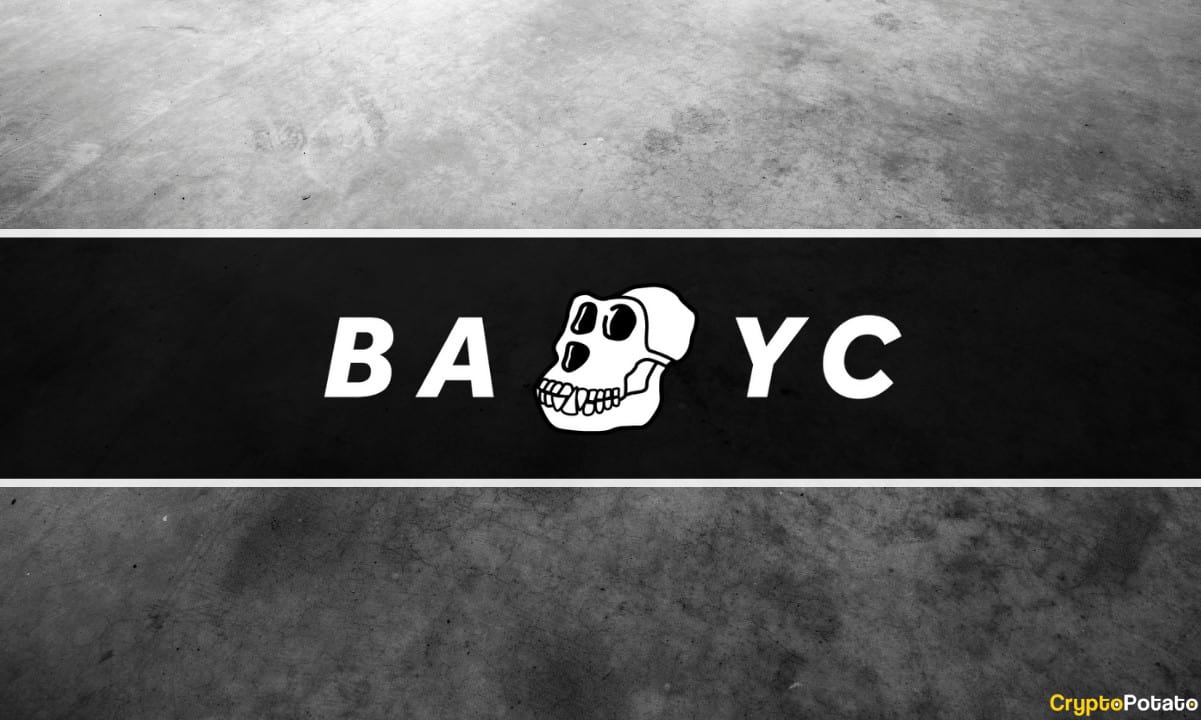Helium Migrates to Solana with 1 Million NFT Drop

The Helium networkThe highly anticipated migration to Solana has been completed, according to an official statement on April 19. This move is expected to greatly benefit Helium by improving reliability and scalability.
The migration plans were first made public last September when the Helium community voted in favor of the move, and it took several months of hard work to bring the plan to fruition.
Commenting on the migration, Noah Prince, Head of Protocol Engineering at the Helium Foundation, notes that “Helium developers took a snapshot of the existing blockchain and loaded the necessary transactions onto the new blockchain.” He adds further “the contracts are permissionless and in the chain.”
As part of the migration, Helium has minted nearly 1 million NFTs, each representing a physical hotspot node running on the network. Now these NFTs are available for redemption by hotspot owners who support Helium through their wireless bandwidth. All that is required is for the users to log into the wallet associated with the hotspot before proceeding to redeem the respective tokens.
Solana’s state compression feature enables helium NFT to be minted
As of press time, more than 332,000 NFTs have been claimed from over 991,000 NFTs on offer, according to data compiled by Flipside Crypto. To enable the embossing of such a high volume of NFTs, Helium has utilized Solana’s impressive new state compression capability.
The feature enables creators to create large numbers of NFTs in a short amount of time and at an extremely low cost, even surpassing Solana’s standard NFT minting process. To illustrate, the Solana Foundation reports that as of April 5th, it costs just $113 in $SOL to create one million NFTs with state compaction functionality, while the standard process would require a whopping $253,000 worth of $SOL
The Helium Foundation explains that they created NFTs for each hotspot to provide a decentralized method for authenticating nodes and distributing network credentials. Moreover, these NFTs have the potential for broader ecosystem integrations, such as token-gated benefits for NFT holders.
Want more? Connect to NFT Plazas
Join the weekly newsletter
Join our Discord
Follow us on Twitter
Like us on Facebook
Follow us on Instagram
*All investment/financial opinions expressed by NFT Plazas are from personal research and experience of our site moderators and are intended as educational material only. Individuals are required to research all products before making any type of investment.
Basil is an avid fan of blockchain technology and all its innovations, and he is passionate about sharing this narrative with his audience. He has spent over five years in the crypto space, specializing in research and creating Web3 content for various media around the world.

























